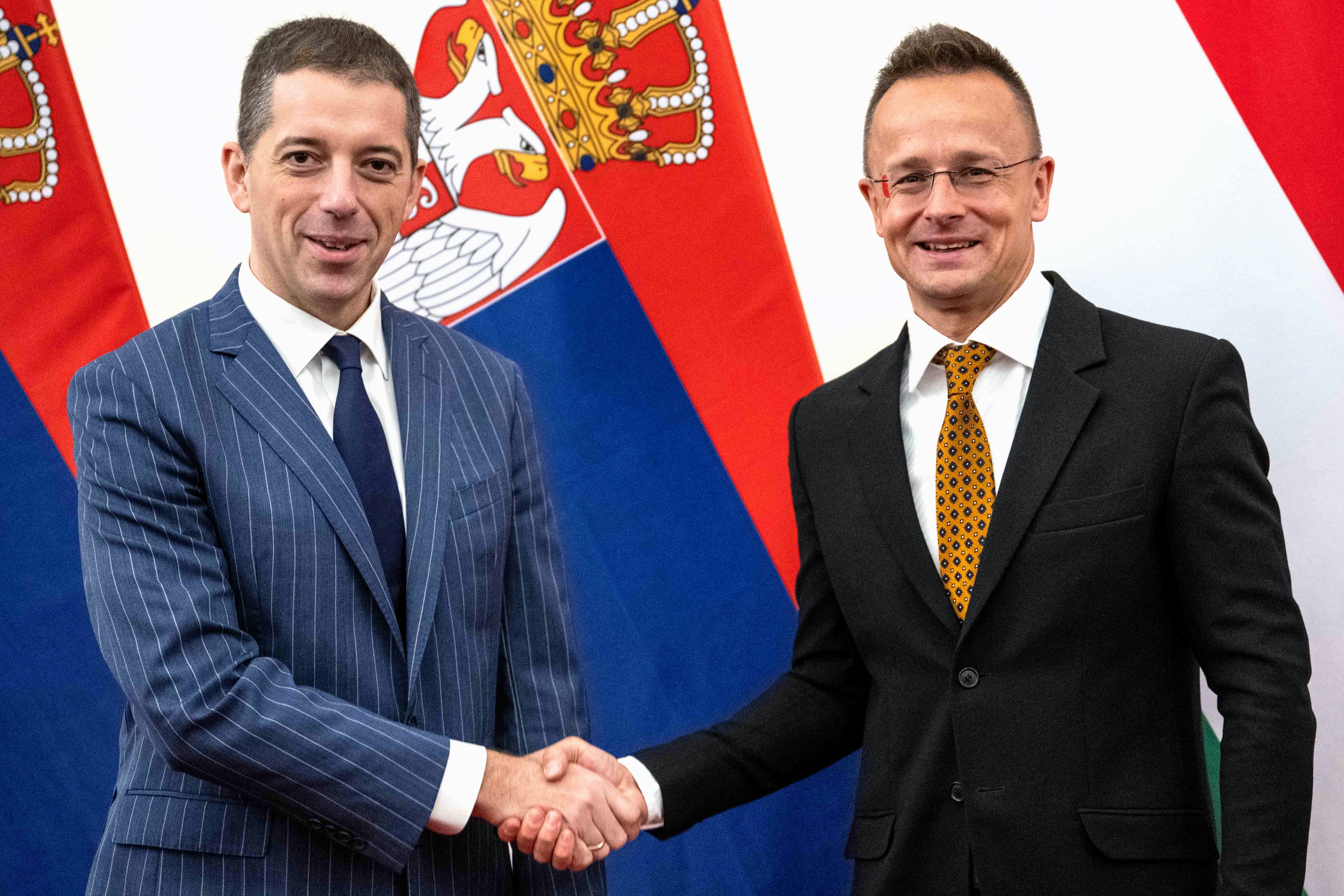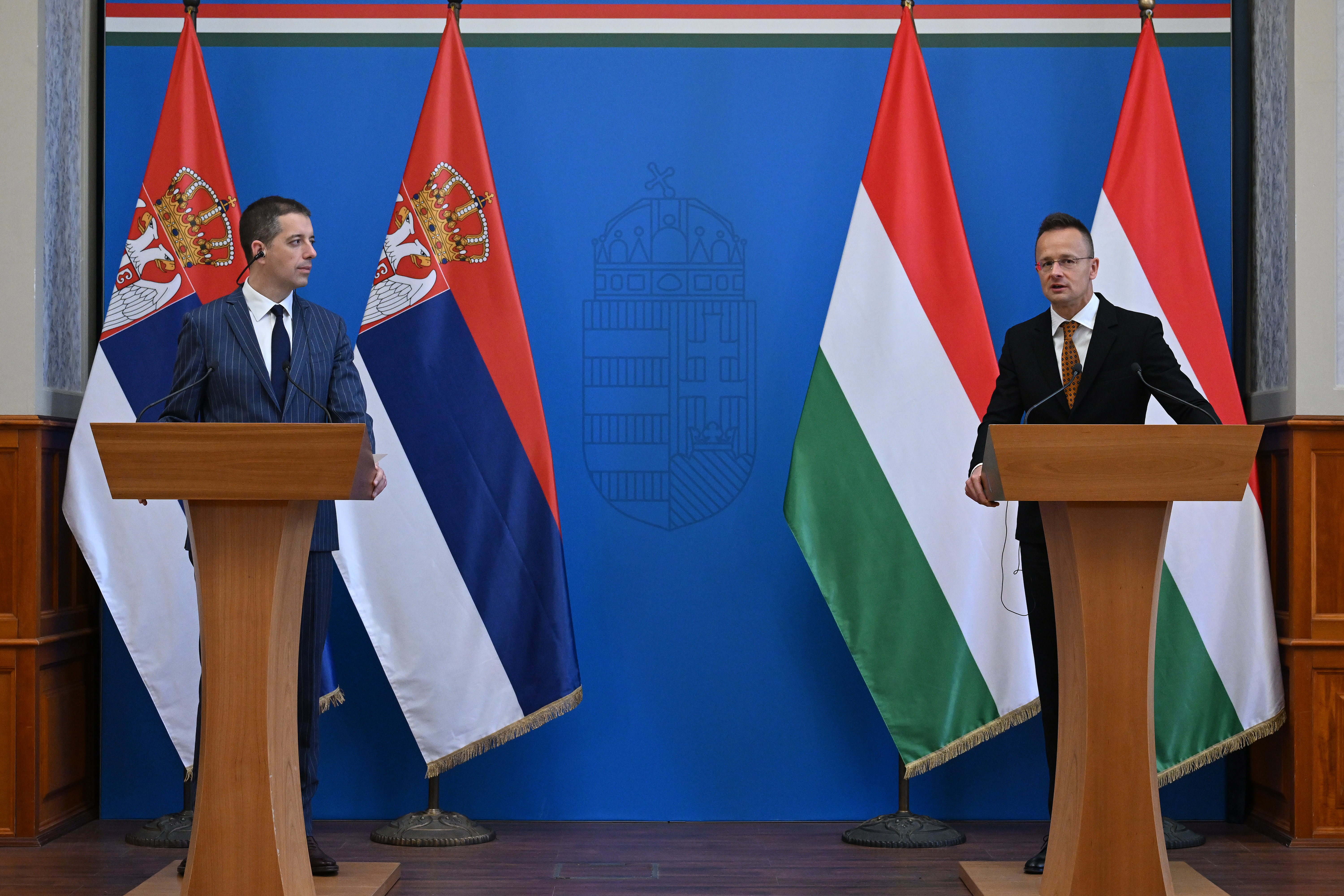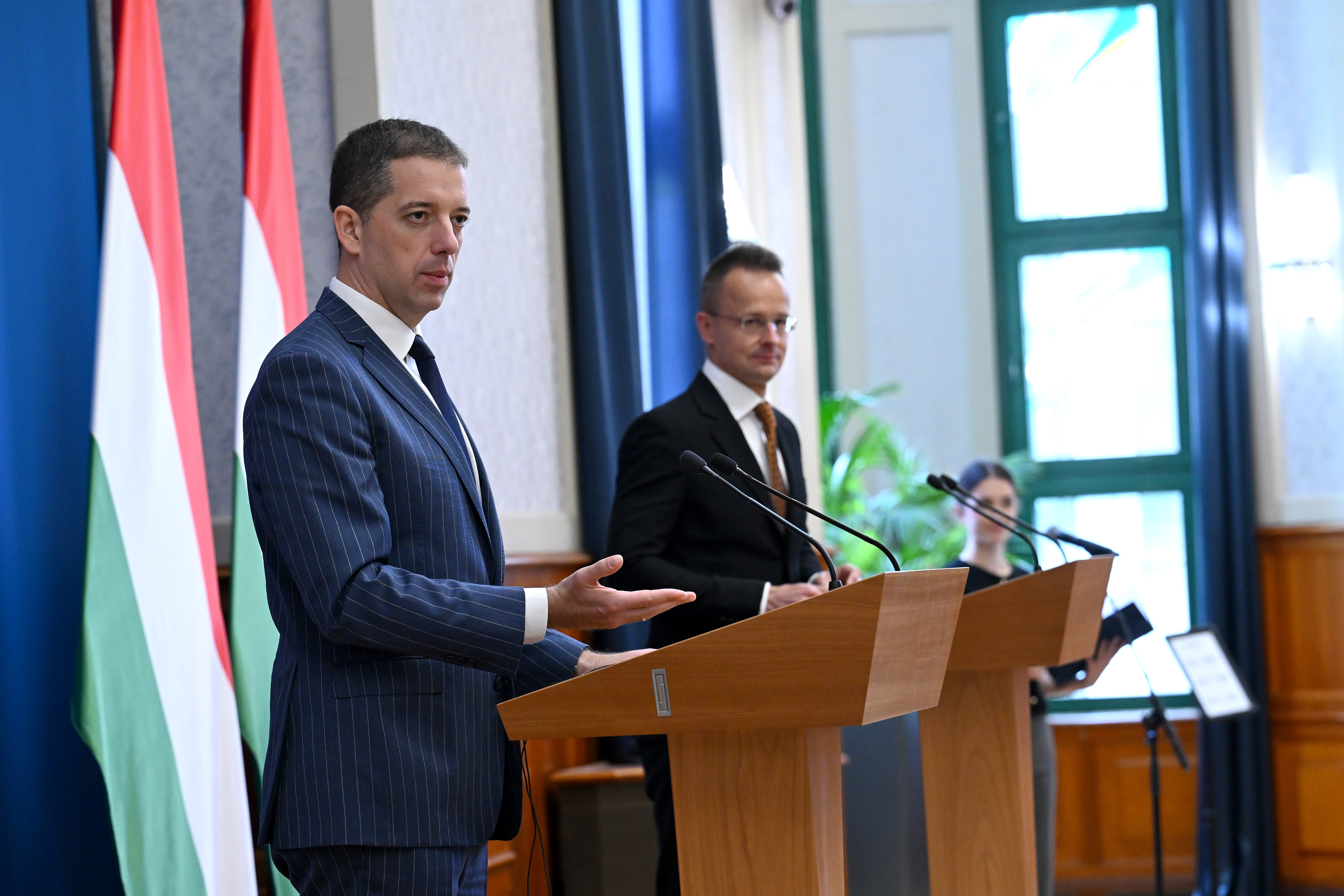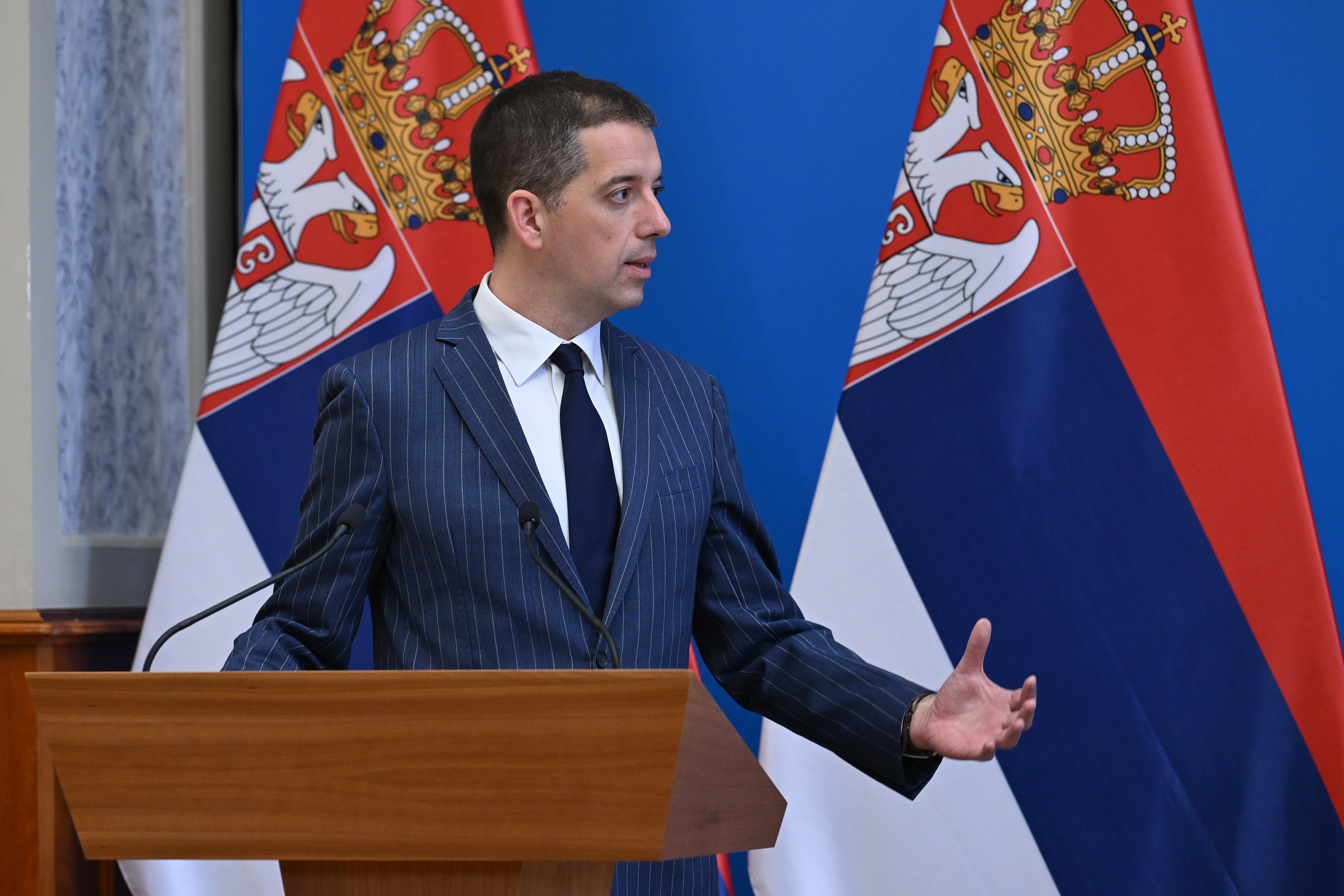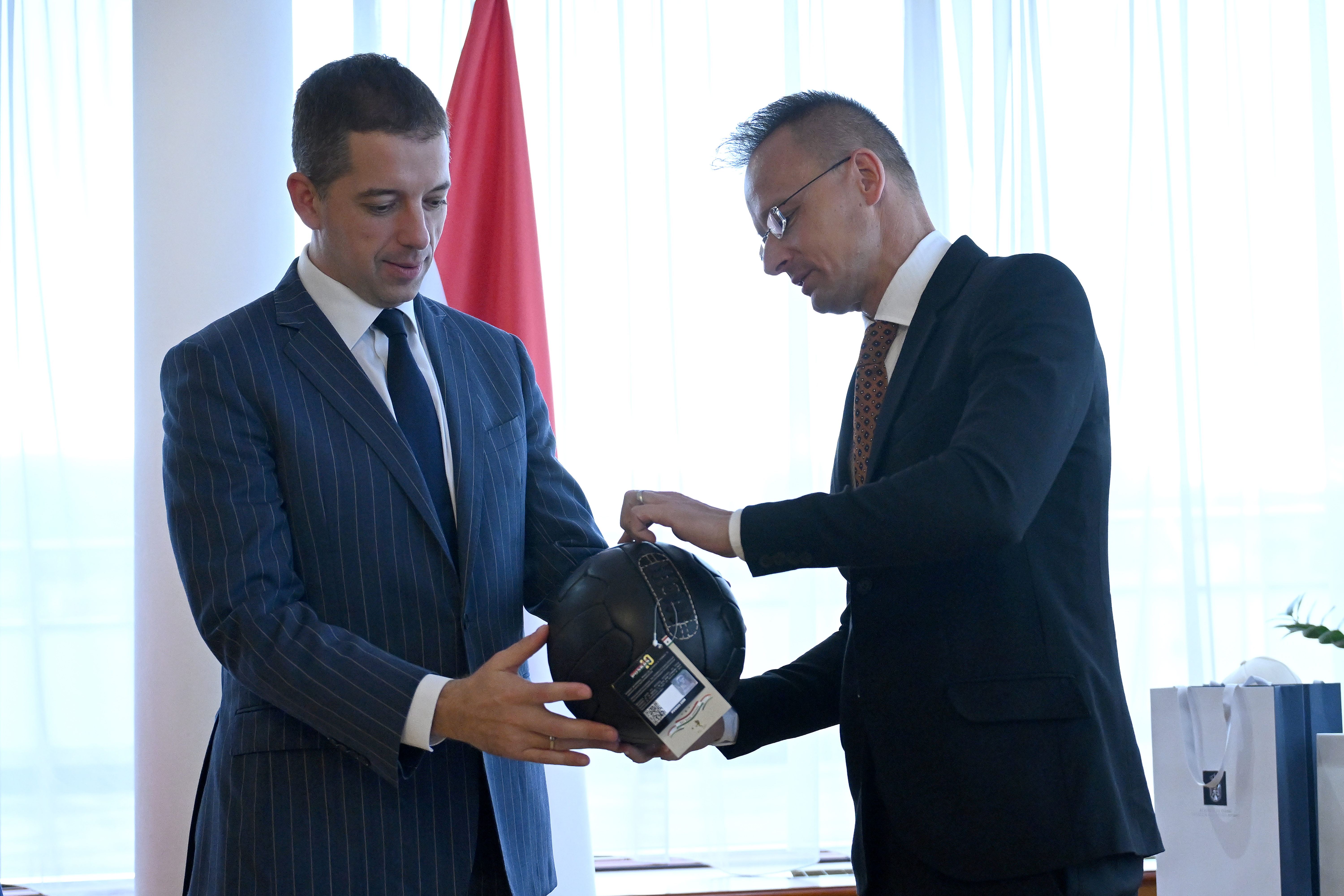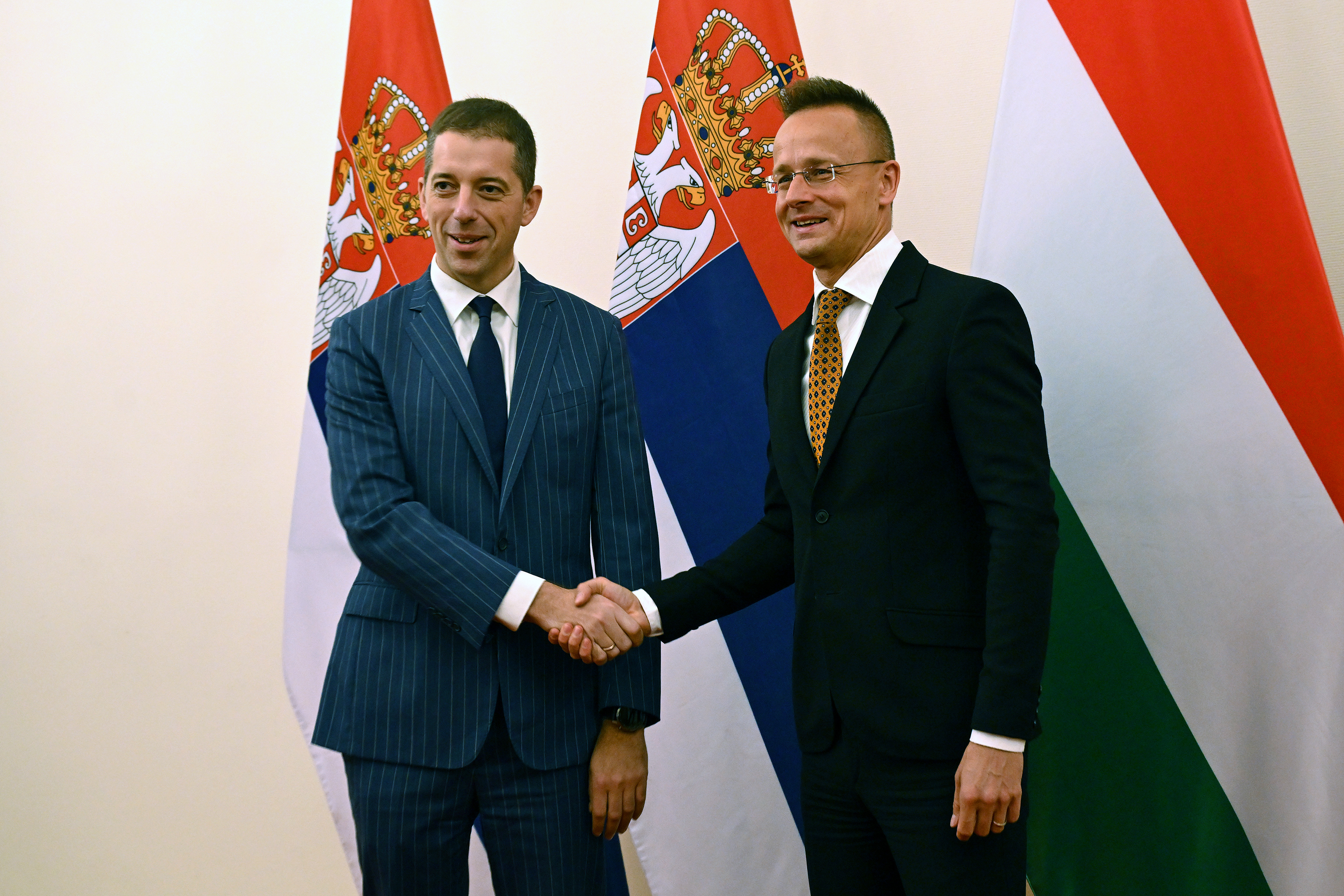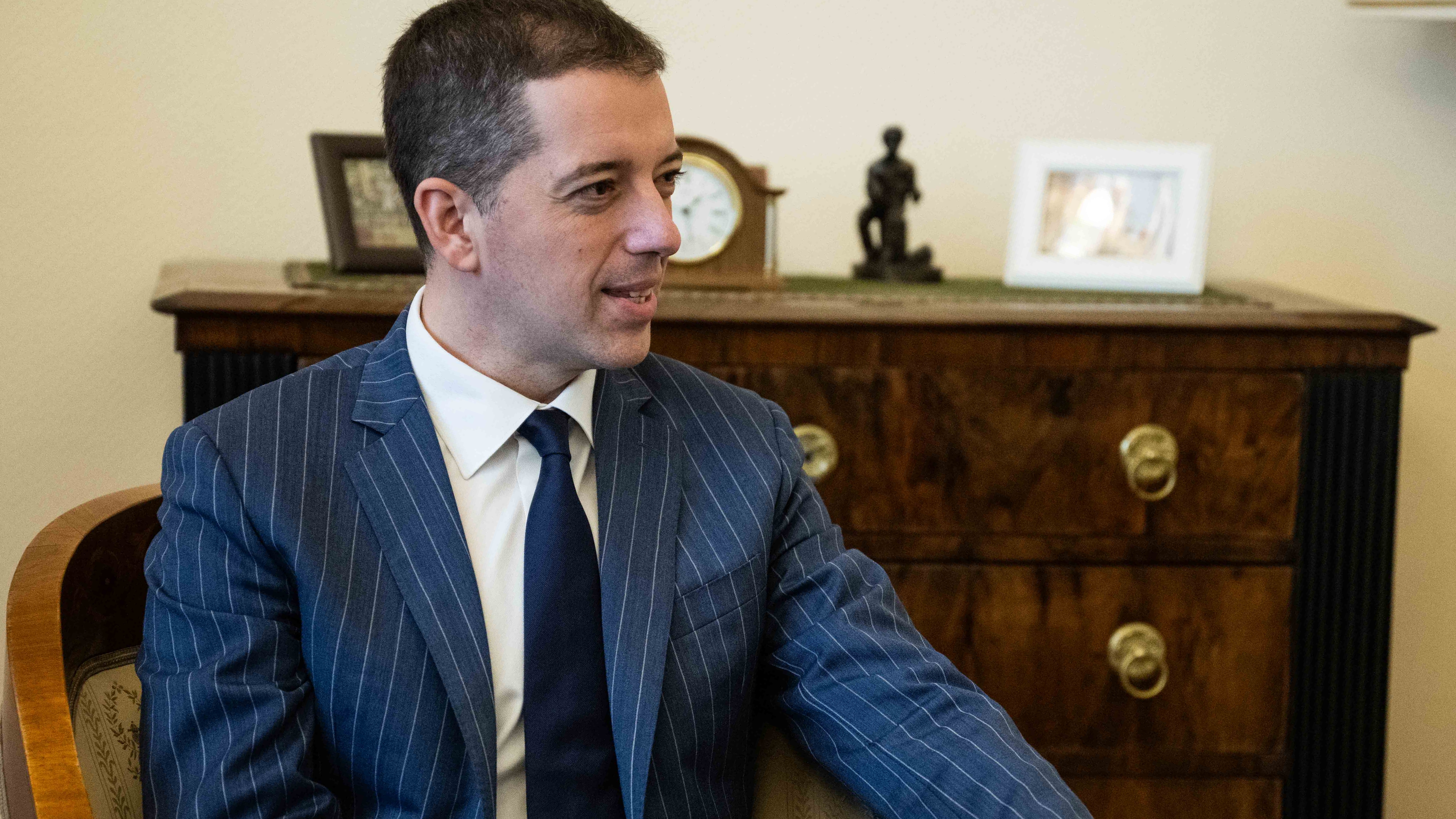Djuric confers with Szijjártó: Friendly relations between Serbia and Hungary reaffirmed
On his first bilateral visit, Minister Djuric said that he was pleased that this visit to Budapest was another demonstration of friendly relations between Serbia and Hungary, which in the past few years were guided by the vision of President Vucic and Prime Minister Orbán, experiencing a historical transformation to the benefit and satisfaction of the entire Serbian and Hungarian peoples.
“We are sincerely looking forward to the fact that Hungary will take over the presidency of the Council of the European Union, because we know not only that we, as Serbia and as a region, will have a reliable friend at the top of the European Union, but also because the European Union will be managed by political structures that will look at the European interest in a responsible way”, the Serbian Foreign Minister pointed out.
Speaking about the proposed Resolution on Srebrenica, Djuric assessed this as an opening of old wounds by irresponsible political circles in the region, which had caused numerous tensions and dissatisfaction.
“Such irresponsible policy did not take into account the needs for the future of our peoples, but rather the narrow political interests of those who try to manipulate the victims”, Minister Djuric said.
When it comes to Kosovo and Metohija, Minister Djuric pointed out that Serbia strived for stable and normal relations and to finding solutions based on compromise, but at the moment, instead of interlocutors who would help solve inter-ethnic problems, in Pristina, unfortunately, there were interlocutors who day in day out, failed to respect agreements, while creating new tensions.
The head of Serbian diplomacy said that Serbia highly valued the support of Hungary, including when it comes to Pristina's attempt to gain membership of the Council of Europe, disregarding the standards prescribed by the European Union.
Djuric pointed out that the level of rights enjoyed by the Serbian community on the territory of Hungary was a model for exercising the rights of minorities in the territory of the entire European Union.
"We consider the Hungarians in Serbia to be our brothers, who facilitate the strengthening of our state, the strengthening of our ties, as an unbreakable and strong bridge between our cultures, and we are proud of our friendship", Djuric concluded.
Minister of Foreign Affairs and Trade of Hungary Péter Szijjártó emphasized that he highly appreciated the fact that the first official visit after the appointment of the head of Serbian diplomacy was paid to Budapest, which as such was proof of numerous results jointly achieved in the past few years at the level of the two countries.
"In today's highly tense international situation, friendship and mutual respect are extremely important. There is a war in one of our neighbouring countries, in another there was an assassination attempt against the prime minister who pursued a policy of peace and sovereignty, in the third irregular migrants are very aggressive", Szijjártó said and added that the alliance between Serbia and Hungary was of inestimable importance for Hungary.
Speaking about the mutual trust and cooperation between the two countries, Szijjártó particularly pointed out that, of all Hungary’s neighbouring countries, Serbia was the country where the rights of the Hungarian community were respected the most, as well as that a significant segment of Hungary's energy supply was in the hands of Serbia.
Furthermore, Minister Szijjártó added that in the coming period, the plan was to build an oil pipeline to connect the two countries, then build a new border crossing, and that additional efforts would be made to complete the reconstruction of the Belgrade-Budapest railway by the end of next year.
"Hungary is preparing to preside over the European Union, we wish to bring Serbia closer to membership during that presidency and for everything to more intensive than ever before", Szijjártó emphasized and stated that he considered it unacceptable and humiliating that the European Union had kept Serbia in uncertainty for 15 years.
He pointed out that Hungary would vote against in the United Nations General Assembly when it comes to the adoption of the proposed Resolution on Srebrenica, assessing that this was an attempt to demonize the entire Serbian nation.
"We will also vote against if someone raises the issue of membership of the so-called Kosovo in the Council of Europe", Szijjártó concluded.

